Nazanin Zaghari-Ratcliffe describes torture at hands of Iranian regime
British-Iranian woman is suffering from PTSD and depression and needs treatment in London, says report
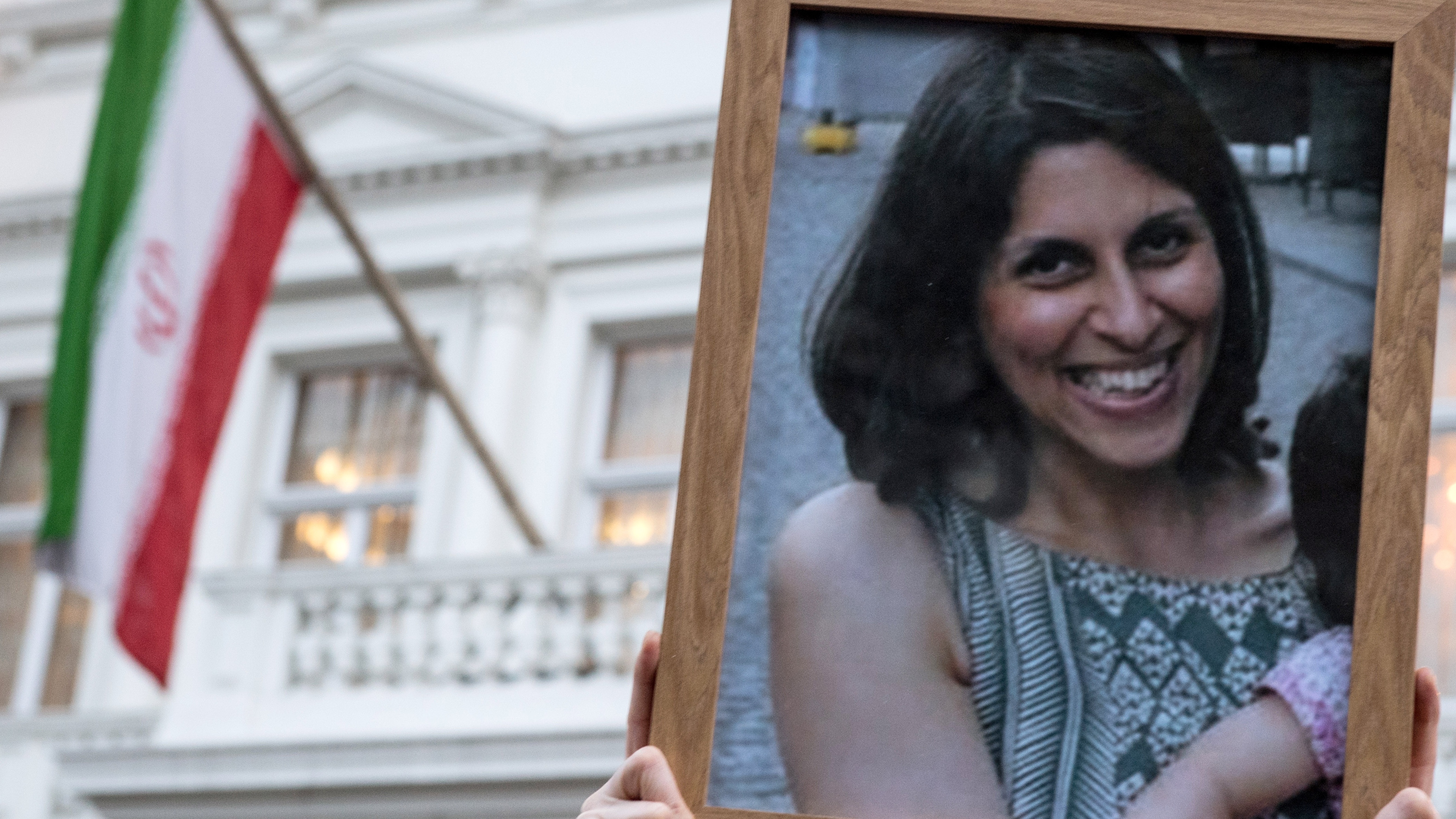
A free daily email with the biggest news stories of the day – and the best features from TheWeek.com
You are now subscribed
Your newsletter sign-up was successful
Nazanin Zaghari-Ratcliffe has described how she was tortured throughout her five-year imprisonment in Iran on spying charges.
In a report compiled by independent investigators and seen by The Times, Zaghari-Ratcliffe reveals how she was subjected to sensory and sleep deprivation, prolonged solitary confinement, and extensive periods in which she was blindfolded, chained and handcuffed.
Human rights group Redress, which commissioned the report, has called on the UK government “to recognise her as a victim of torture”, says the Evening Standard.
The Week
Escape your echo chamber. Get the facts behind the news, plus analysis from multiple perspectives.

Sign up for The Week's Free Newsletters
From our morning news briefing to a weekly Good News Newsletter, get the best of The Week delivered directly to your inbox.
From our morning news briefing to a weekly Good News Newsletter, get the best of The Week delivered directly to your inbox.
Redress also released a letter from two doctors who examined Zaghari-Ratcliffe in October. The experts say the British-Iranian former aid worker has “serious and chronic post-traumatic stress disorder, major depression and obsessive compulsive disorder”, and needs to return home to London for treatment.
Zaghari-Ratcliffe remains under house arrest in Tehran despite being “released” last week, having completed her sentence for allegedly spying - charges that she has consistently denied.
And hopes that she would be allowed to join her husband, Richard, and six-year-old daughter, Gabriella, have been extinguished after the Iranian authorities announced that she will face new charges in court on Sunday of spreading propaganda.
“She’s served her full sentence, and she’s still being held,” Richard Ratcliffe told Times Radio on Friday. “That’s a failure of diplomacy. It’s also a failure of campaigning.”
A free daily email with the biggest news stories of the day – and the best features from TheWeek.com
The 77-page report detailing his wife’s suffering was produced by the International Rehabilitation Council for Torture Victims (IRCT). Zaghari-Ratcliffe told the investigators that her torturers “kept the lights on the whole time so you could not tell the difference between day and night”. They “would put the TV on the whole time, very loud. They would not let me turn it off, turn it down.”
Daily interrogations would last up to nine hours, she said. And after being transferred to Tehran’s notorious Evin prison, efforts were allegedly made to force her to spy against Britain in return for her freedom and the safety of her family.
Threats to her daughter were the “most devastating of all”, says the report. Zaghari-Ratcliffe described how a female guard would sit directly outside her cell and phone her own daughter, who was of a similar age to Gabriella. “I dreaded her shifts as I knew she would do that to torture me,” Zaghari-Ratcliffe told IRCT officials during a six-hour video consultation that spanned over three days.
“Her treatment, as a whole, amounts to torture, under international standards,” Dr Michele Heisler, one of the forensic experts who examined her, told The Times.
Kate Allen, of Amnesty International UK, told the BBC: “Nazanin was convicted after a deeply unfair trial the first time around and this spurious new charge and possible trial is clearly designed to delay her release and exert yet more pressure on Nazanin and her family.
“This won’t be over until Nazanin has her passport and is on a flight heading home to the UK.”
-
 Political cartoons for February 16
Political cartoons for February 16Cartoons Monday’s political cartoons include President's Day, a valentine from the Epstein files, and more
-
 Regent Hong Kong: a tranquil haven with a prime waterfront spot
Regent Hong Kong: a tranquil haven with a prime waterfront spotThe Week Recommends The trendy hotel recently underwent an extensive two-year revamp
-
 The problem with diagnosing profound autism
The problem with diagnosing profound autismThe Explainer Experts are reconsidering the idea of autism as a spectrum, which could impact diagnoses and policy making for the condition
-
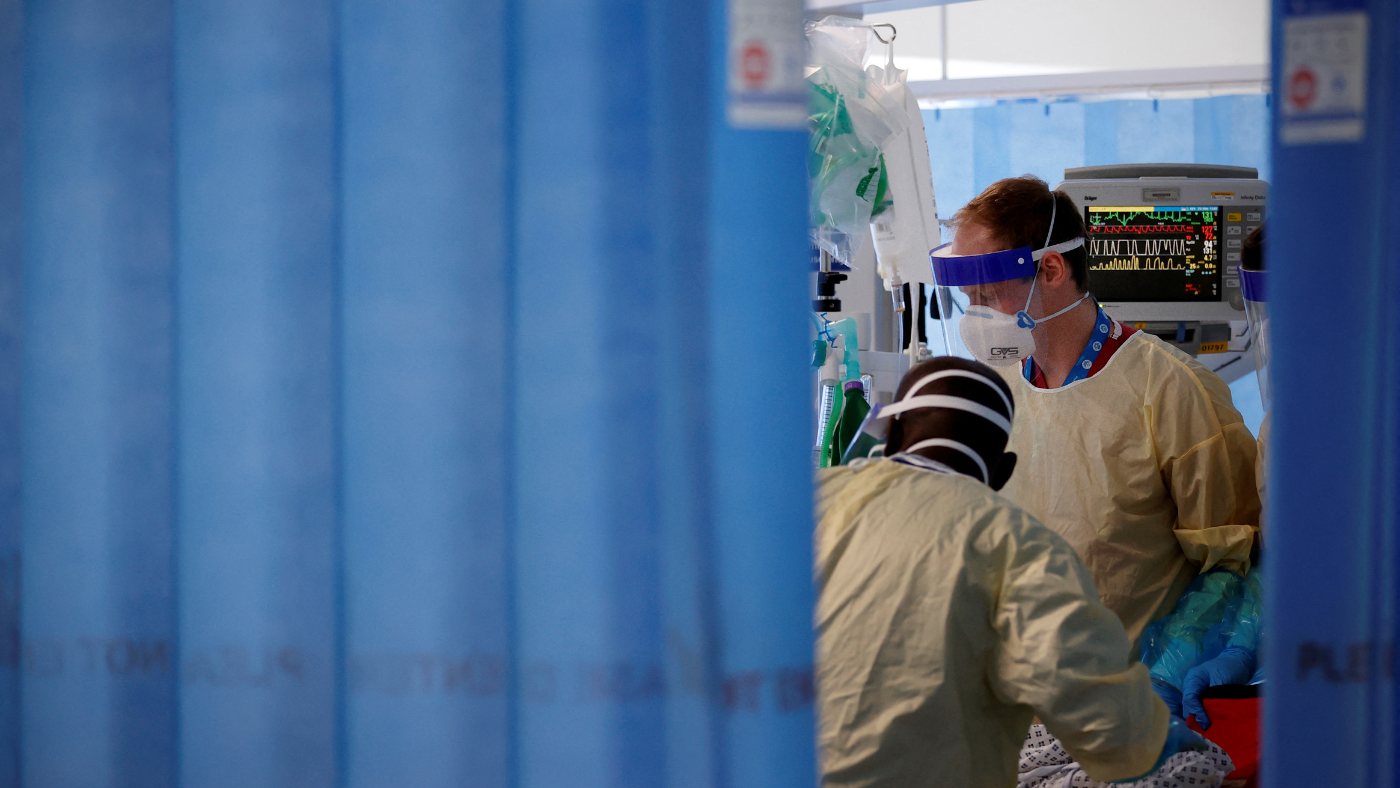 ‘False narratives about how the NHS is coping are damaging’
‘False narratives about how the NHS is coping are damaging’Instant Opinion Your digest of analysis from the British and international press
-
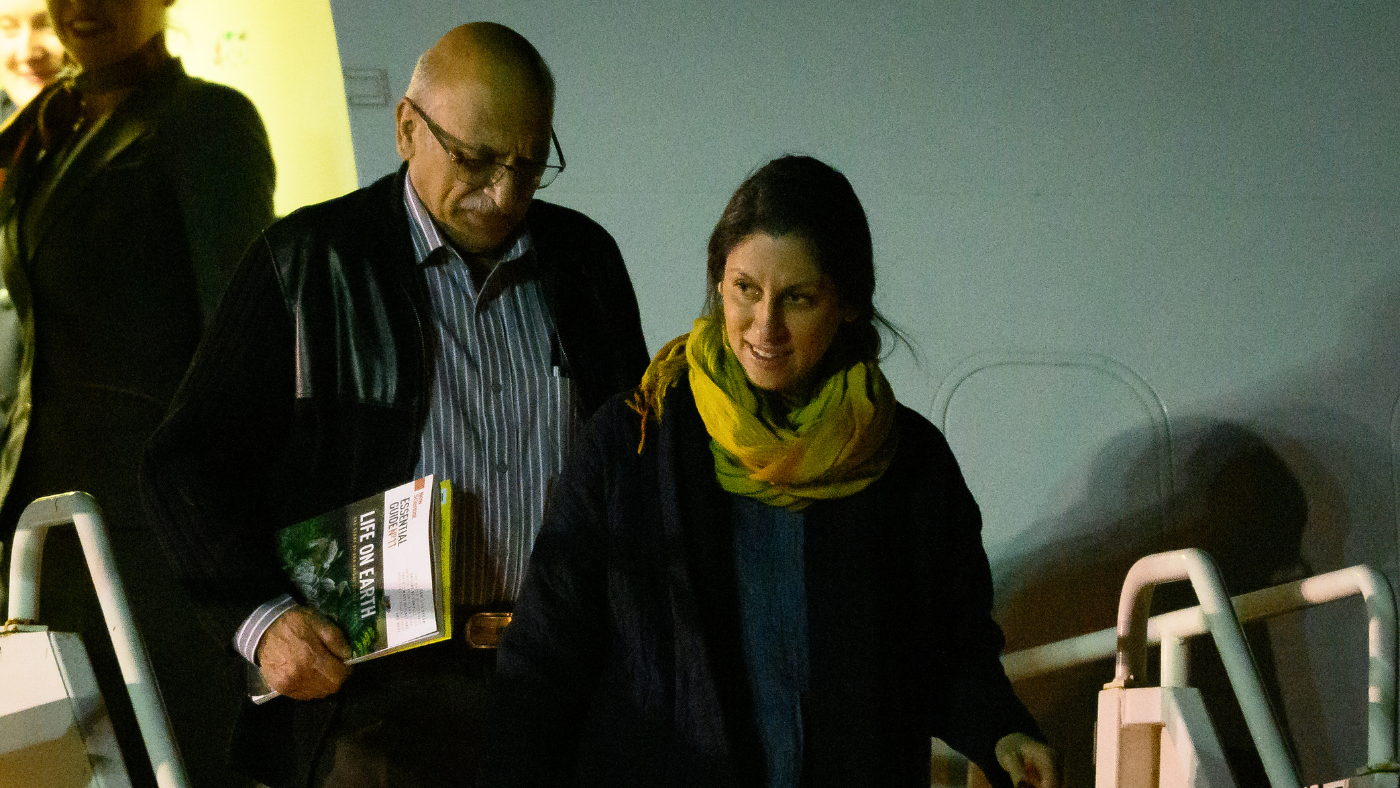 ‘No one dreamed that Nazanin’s horror would last six years’
‘No one dreamed that Nazanin’s horror would last six years’Instant Opinion Your digest of analysis from the British and international press
-
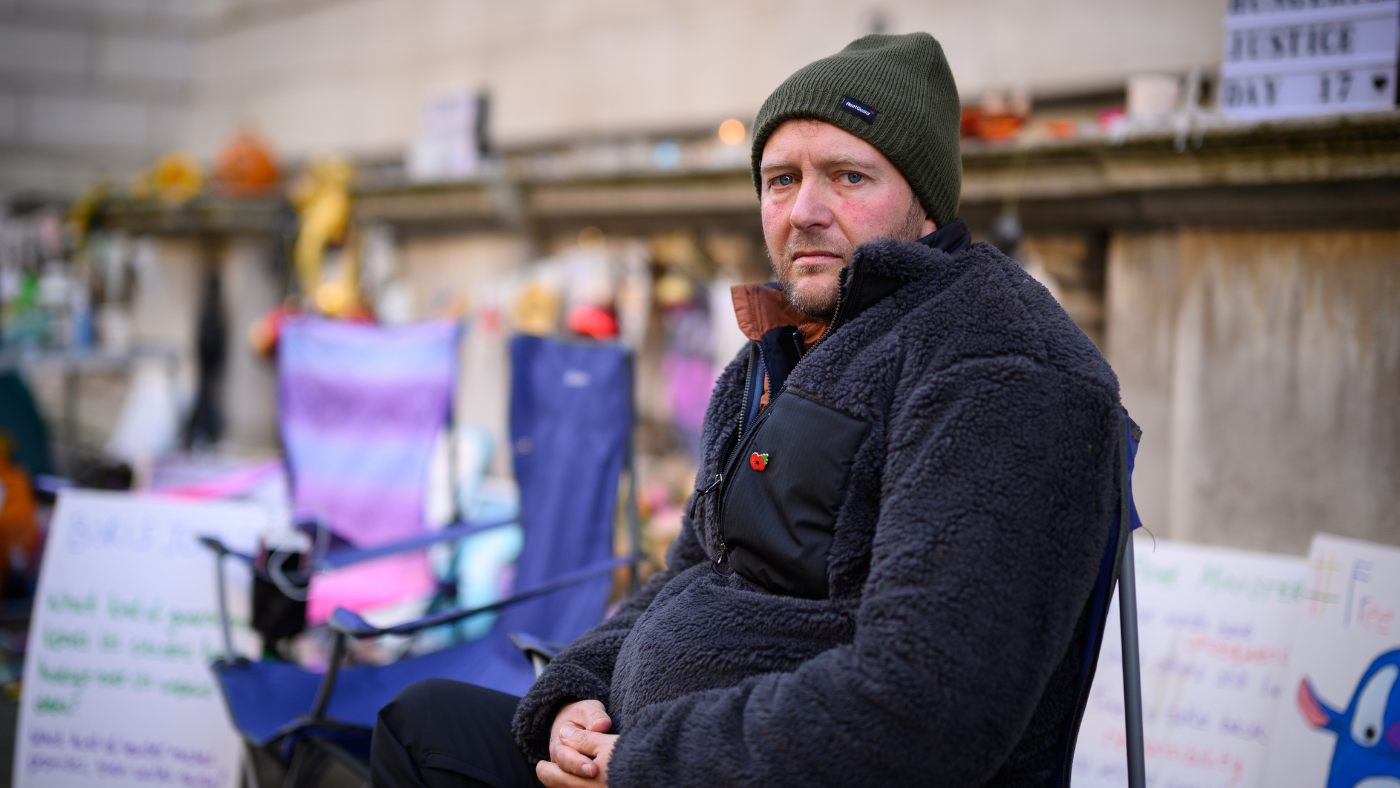 ‘The status quo must change if the government is to bring Nazanin home’
‘The status quo must change if the government is to bring Nazanin home’Instant Opinion Your digest of analysis from the British and international press
-
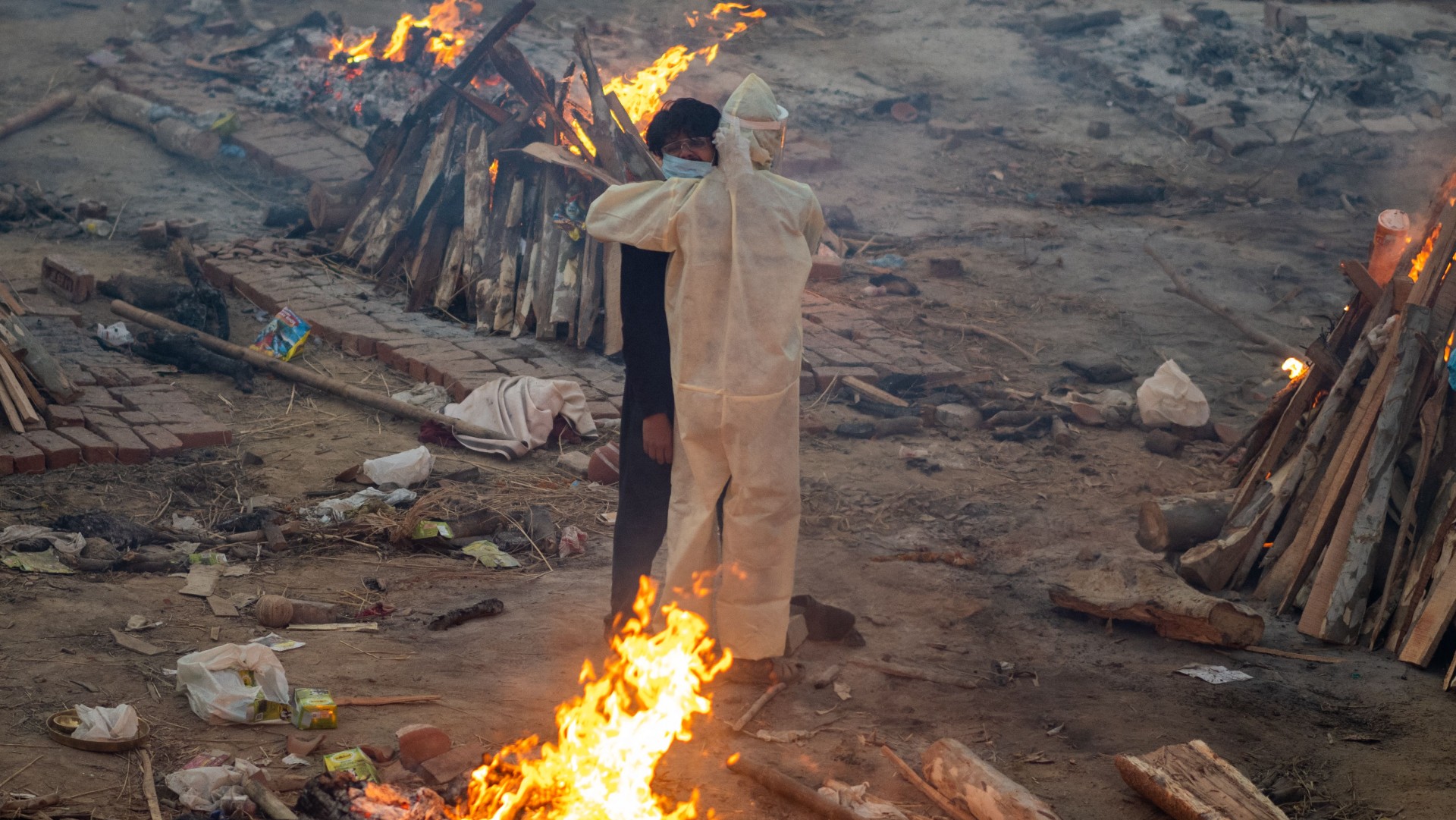 ‘Rampant Covid in countries such as India and Brazil will shape the evolution of the virus’
‘Rampant Covid in countries such as India and Brazil will shape the evolution of the virus’Instant Opinion Your digest of analysis and commentary from the British and international press